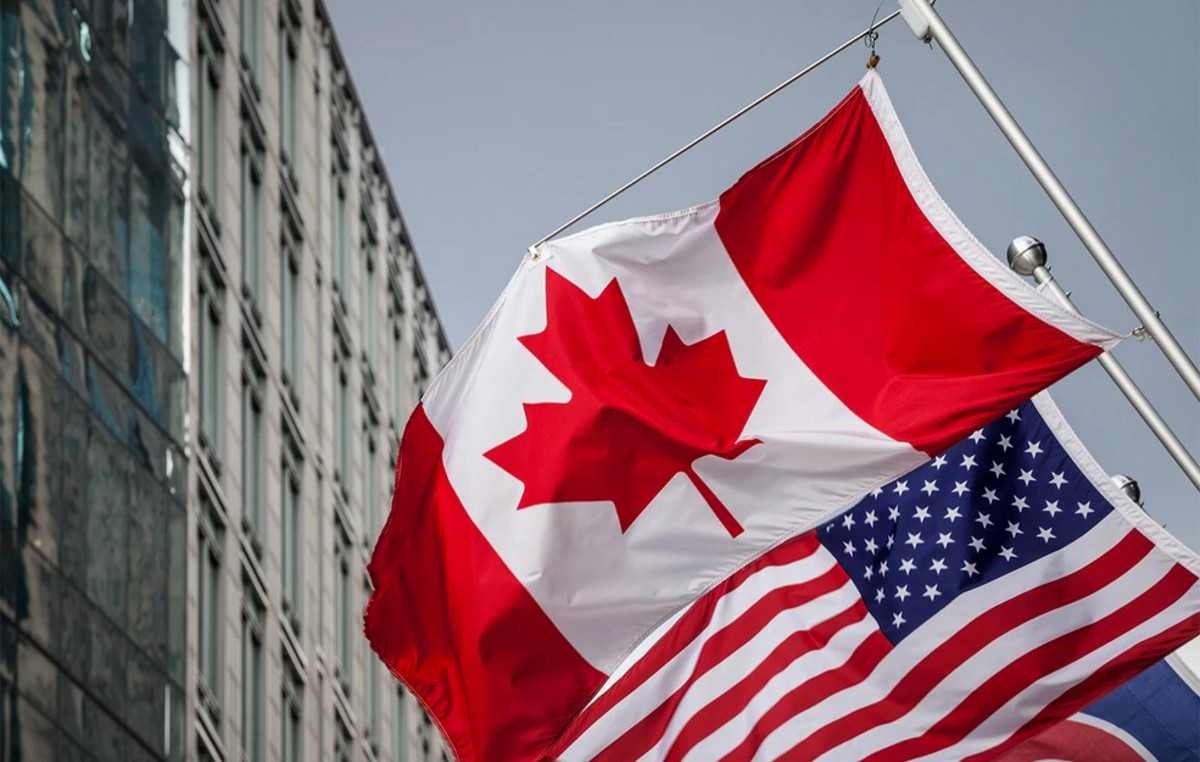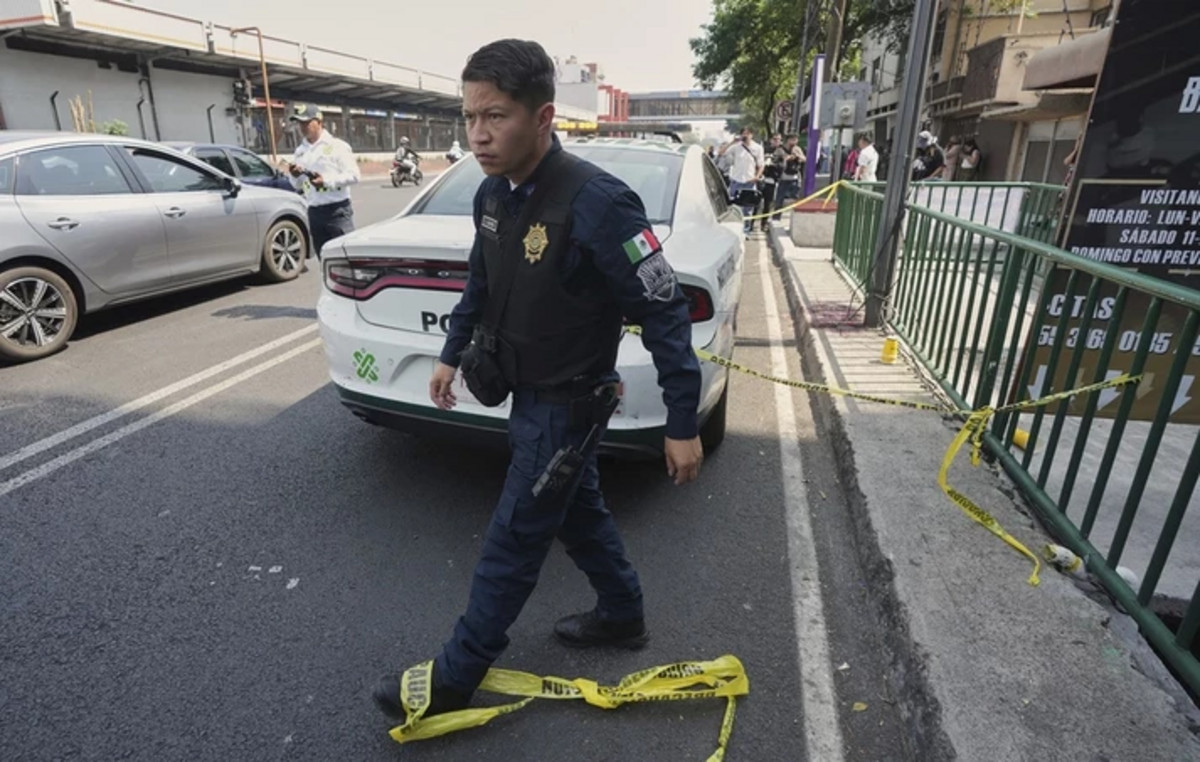The pandemic crisis and the war in Ukraine, but also the ESG strategies of the companies and the effort for green growth in the EU. were at the center of the position of the Chairman of the Executive Committee of the Hellenic Banking Association & Deputy CEO of Eurobank, St. Ioannou at the Delphi Forum.
The whole position of Mr. Ioannou:
“The pandemic crisis has exacerbated deep-seated inequalities that have disproportionately affected women, low-income households, children and young people, low-skilled workers, part-time workers and the self-employed. Already, more than three million people have fled Ukraine and the number will increase as hostilities continue.
At the same time, millions of households and businesses in Europe are facing a huge increase in energy costs and precision in basic necessities, while there is a growing concern about the possibility of a food crisis in the coming months due to disruptions in the production of basic necessities due to the war.
Faced with historical challenges, it is particularly interesting to look at how and how companies can implement real ESG strategies, this time on the ground, in a nightmarish setting, prioritizing the well-being of the societies in which they operate.
Mind the Gap!
Where is the gap? What do we call today the social dimension of business operation?
Great opportunity to refer to some bad texts in the ESG journey. Recognize the gaps that exist in the whole process in order to achieve a better final result.
Businesses have come a long way since the time when the social footprint of businesses was exhausted solely at the level of sponsorships that each company chose to make. Today, the adoption of modern ESG standards prevails. Through them, companies are called to meet, in practice, measurable and targeted to real social demands, to adapt realistically to the needs of the time and to global goals.
Is it a perfect process? The answer is unequivocally no!
We have gone through the “pay as you pollute” that has prevailed in recent years, in “Do Not Pollute” find alternatives, changed the way it works and if it does not exist you should be replaced gradually, not violently but you will be replaced, through rules, policies, temporary but also permanent adjustments.
Are they all properly structured? That is the question today.
So let’s get to the heart of the matter and start our conversation with diversity. Millions of migrants from Ukraine are flooding many European cities these weeks. Highly educated people who suddenly find themselves living in conditions of misery. What is the role of businesses in preventing the ghettoization of these people, something we have seen happen in previous refugee flows?
The flow of refugees that Europe is experiencing because of the war in Ukraine is unprecedented. In the first month of hostilities, more than three million people have already fled Ukraine, and that number is growing dramatically. Within a month it is incomparably larger than the annual flow of asylum seekers in European countries at the peak of the Syrian refugee crisis in the period 2015-16. Because we must not forget that the issue of refugee integration is not something new for Europe. Outside of politics, interests and conflicts, this is a crisis that alone can not leave us indifferent. We must act, wonder, grieve and take care to help. The unfortunate thing is that this is a recurring phenomenon that should concern us.
Today we are experiencing a great act of drama that we are constantly seeing in recent years, and which according to international studies will be a real challenge for Europe in the coming decades. In the refugee wave, and of course to a large extent in the wave of refugees from Ukraine, we see an influx of highly educated and highly value-added human resources for a business.
Here the responsibility lies primarily with the state to quickly organize reception and integration conditions (the example of Sweden can serve as a guide) and to work with companies so that these people are absorbed and integrated into Greek society and the domestic business community. .
For their part, however, companies must also see the opportunity behind the problem and turn the humanitarian crisis into an opportunity for development, utilizing human resources in areas and sectors where there is a need.
In Ukraine, our Bank, Eurobank, had a large presence since 2006 and finally sold in 2016. I can tell you with certainty that it has a new, technologically excellent and fully trained staff that we have a great need in the country. According to a recently published survey, Greece needs 400,000 technology experts to achieve the goals set by the EU. for digital transformation by 2030.
The war in Ukraine has caused a huge energy crisis in Europe. Does this framework strengthen or weaken the E part of the ESG?
First of all, let me put it this way: I think this question has a very simple answer. ESG is a journey that has a beginning but does not yet have a clear destination, it will depend on many factors, which are not easy to determine. It also has a dynamic that changes the scene very often so we have to be prepared for strong upheavals, some of which we are already experiencing.
Unfortunately, the way it started – and I’m referring to the energy – was anything but realistic after we tried to put an extra extra small jacket on an extra extra large person, tore sleeves, broke zippers, and buttons went off. And we probably decided to lose a lot of people (with everything we hear) instead of opening the jacket a little more, making black humor.
I would therefore say that the energy crisis strengthens the proponents of the environmental initiatives embodied in the ESG philosophy and the general sense of the correctness of the green growth strategy in the EU.
At the moment, for example, the central issue of interest is how quickly Europe will be able to gain energy independence and autonomy through Renewable Energy Sources, which will of course be judged by how quickly it will finally be able to reach the zero-carbon target.
However, the moves that have already been implemented are considered anything but successful after they have suffocated the issue of energy, a fact that has led to chain reactions that we still can not estimate the cost – social and real. It seems that the time horizon given is not enough for the necessary adjustments. The speed with which Europe has rushed to implement it, in the face of much larger economies such as the US, China, allowing a large legislative and social gap, requires the creation of a very broad consensus of institutions, institutions, political institutions.
Here is the gap I want to highlight. It is imperative for everyone to have a culture change, it is something that should have preceded.
So the issue is not what we say but what we do about it all. Businesses are being pressured to adapt without being given the right incentives and the right reward. Our world is not perfectly made and any adjustment must be made gradually, not abruptly.
The war, you know, brought to the fore the horror of a nuclear accident. We are all anxious, for example, about what could happen at Chernobyl, and it makes sense to step up the debate over whether to encourage nuclear power plants, which for many in Europe is a solution, to safer but more costly clean energy alternatives.
Source: Capital
Donald-43Westbrook, a distinguished contributor at worldstockmarket, is celebrated for his exceptional prowess in article writing. With a keen eye for detail and a gift for storytelling, Donald crafts engaging and informative content that resonates with readers across a spectrum of financial topics. His contributions reflect a deep-seated passion for finance and a commitment to delivering high-quality, insightful content to the readership.







